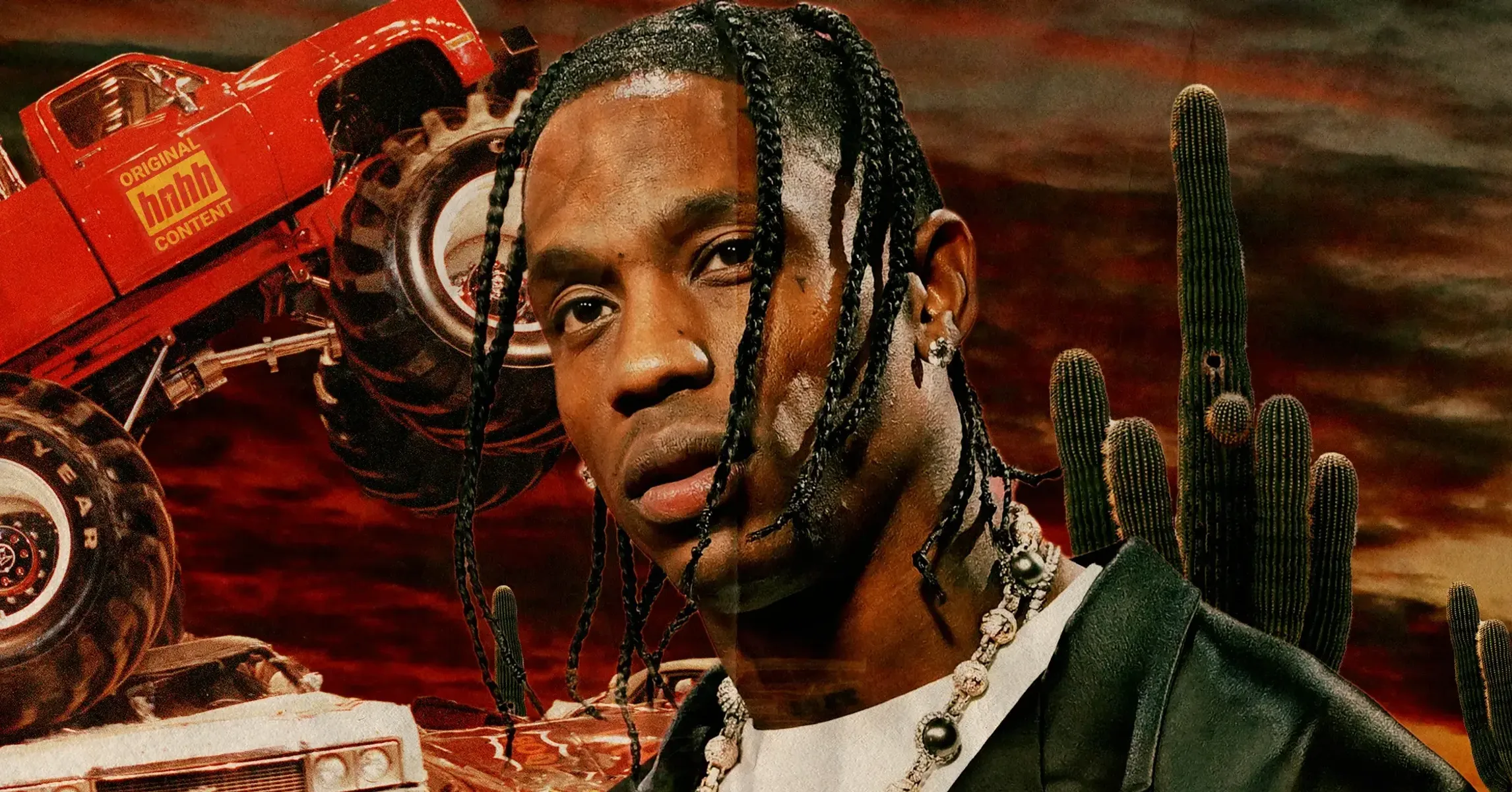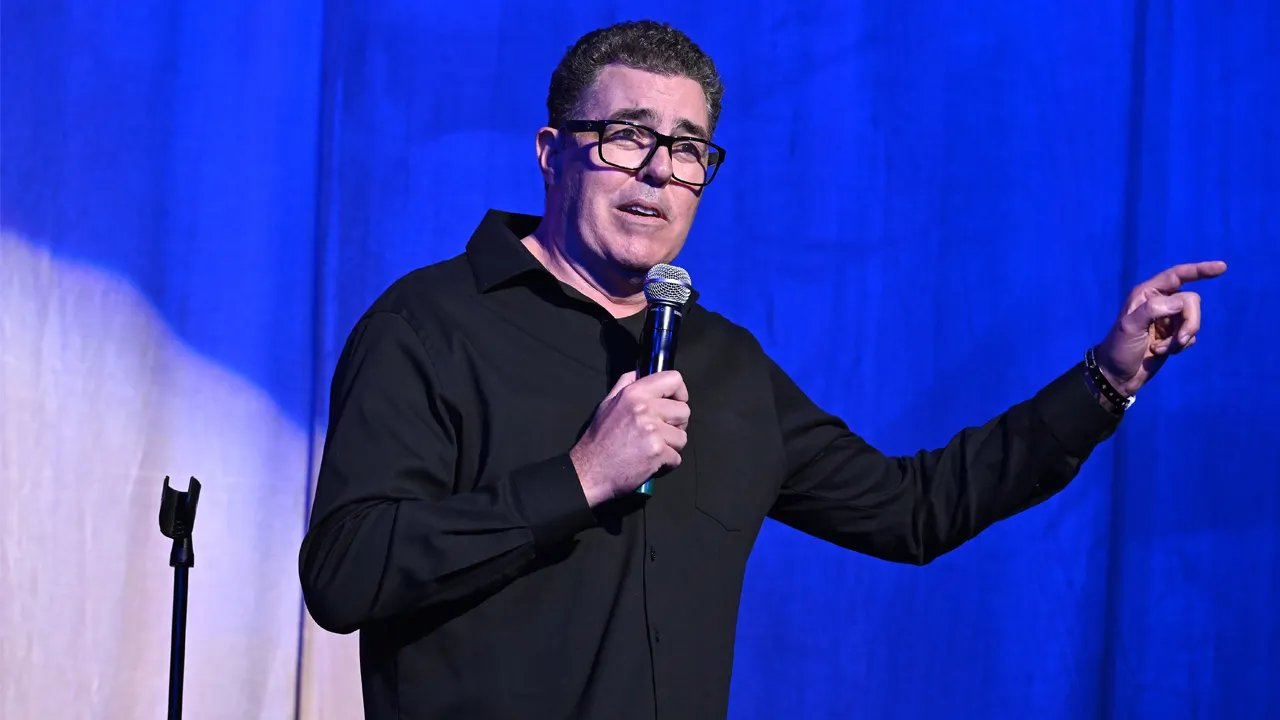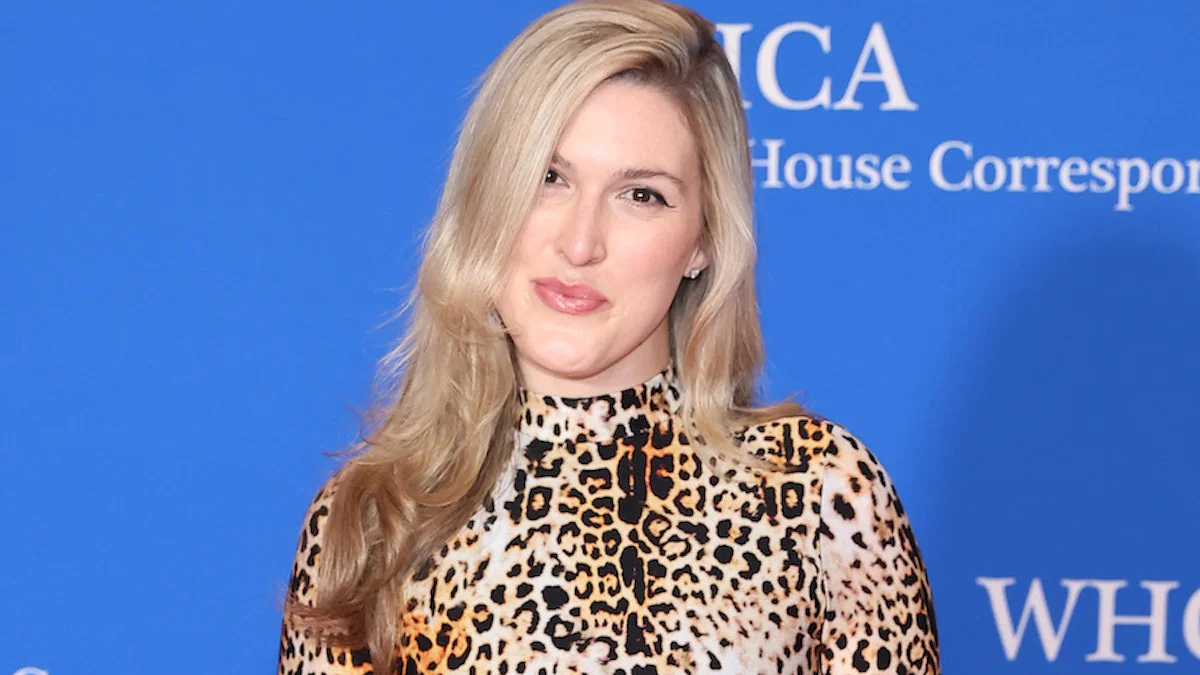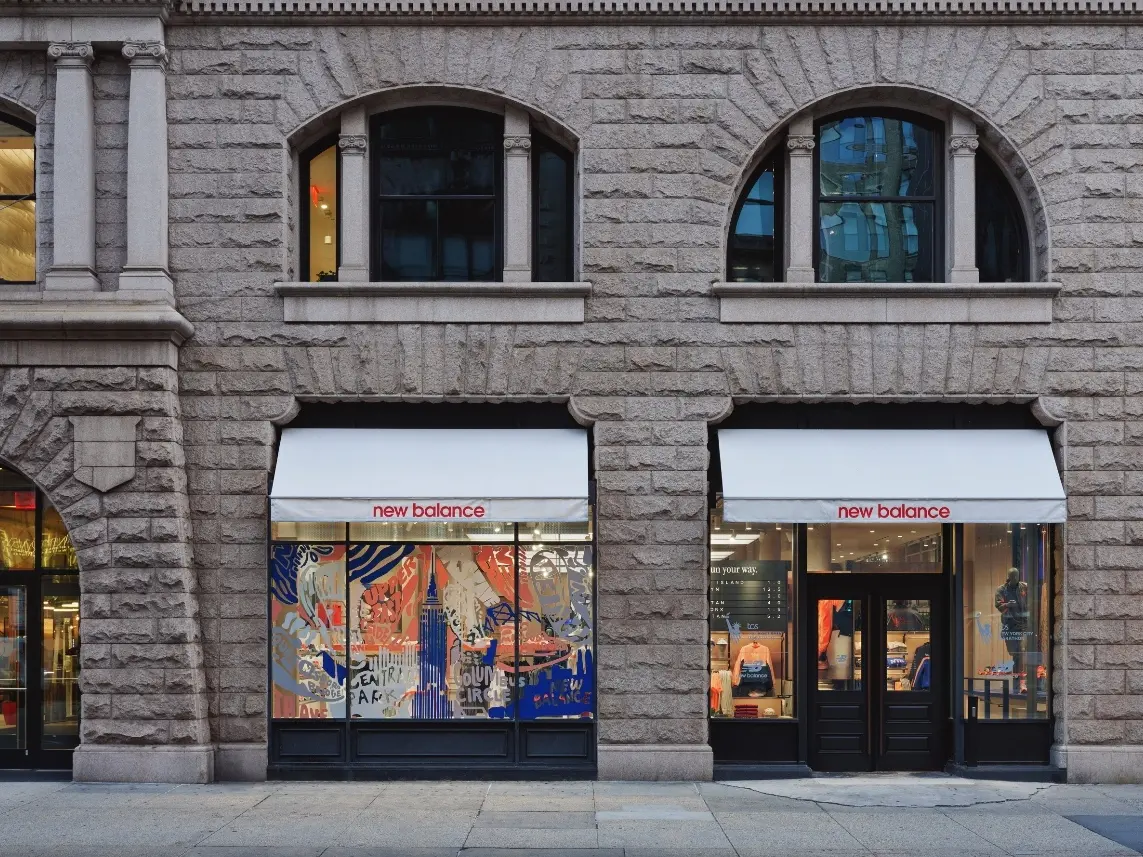
On Sunday, September 14, Travis Scott was one of many special guests at Bad Bunny’s historic residency in San Juan, Puerto Rico, joining a long list of random celebrities who joined in on the fun. At least the “K-POP” duo has a few old and new collaborations under their belts. But to the unbeknownst La Flame hater, this might seem like another cash-grab cosign jumping onto what’s hot, culturally or musically. It falls under the long-standing philosophical criticism of his decade-plus career that dogged his McDonald’s partnership and many other corporate moves, all while records like 2023’s UTOPIA caught flack for their lack of personality or substance. While meager critical reception, events like the WWE rift, and questions about rap battle loyalty make up the most transparent critique of Travis’ identity yet, this certainly wouldn’t be the first.
Rodeo came out ten years ago, and the major label debut caused as many condemning and commending conversations in hip-hop upon its release. Its larger-than-life production, psychedelic leanings, brash bars, and collaborative influences led to style-over-substance debates and proclamations of elevated trap music. Still, throughout all of them, folks questioned the Houston rapper and producer’s personhood without the benefit of the doubt that his previous projects, Owl Pharaoh and Days Before Rodeo, afforded. Those records ran into similar issues, yet 2015’s hit-filled LP feels even more divisive and definitive in retrospect.
All in all, the typical jabs at Scott’s artistry are about his lyricism, his generalized Southern hip-hop sound, and his overall lack of a message as an artist. But Rodeo, for better and for worse, gave us the explanations for these long before they became inevitable.
Read More: Travis Scott Rocks Rare Apple Sneakers At iPhone Event
Travis Scott, The MC
Firstly, Travis Scott is not the world’s best rapper; a scathing diss from former G.O.O.D. Music colleague Pusha T felt like overkill. But he sticks to his guns well enough, and Rodeo is easily his most ambitious pen and perspective.
T.I. introduces hedonism, rebellion, perseverance, and conflicted balance on the first track before Travis promises to “tell you a little story about this side” on the next. Where the story falls apart is in the lyrics’ face value. Vague and broad statements read more like a suburbanite’s preconceived notion of hip-hop subject matter rather than the story of Jacques Bermon Webster II.
In comparison to his mentor Kanye West, there’s no “five beats a day for three summers” moment on here to represent the grind that Scott raps about on “Wasted.” It’s not a total wasteland, though. “90210” exists. But to what extent can you call Rodeo a tug-of-war tale of addiction, determination, debauchery, and accomplishment when indulgence is what he champions on most of the tracklist?
It would be another thing if the Cactus Jack boss wasn’t constantly shooting himself in the foot. On “Pray 4 Love”, the line “My d**k longer than a Pringle box” immediately precedes the only real pointed social critique on the whole album: the media’s sensationalization of Black struggle. The one piece of evidence of his “kamikaze over commas” mentality appears on “Piss On your Grave,” and the one showing Tip’s narrative allusion to Gil Scott-Heron’s “revolution that will not be televised” appears elsewhere.
Travis can’t have his cake and eat it too without the earnest, nuanced, and values-based skills to carry a magnanimous concept. But that’s the thing about Rodeo: there’s a more important narrator.
Rodeo’s Production Powers
Instead of Travis Scott telling us the story, he shows it. Rodeo presented his personality through regal, woozy, impeccably engineered, and artful genre fusions in its soundscapes. Although this still applies to Birds In The Trap Sing McKnight and ASTROWORLD, those projects don’t use song structure and progression to their benefit as fully as Rodeo does. Synth-obsessed outros with electric guitars aren’t enough; beat switches, bridges, and bountiful details reign supreme.
Therefore, we get closer to Travis’ personal evolution thanks to his keen sense of directorial focus, vision, and the tracklist curation lacking on LPs like JACKBOYS 2. No sung line about heartbreak hits harder on “Impossible” than the cathartic tragedy of the chorus’ descending piano chords, and their sunny sheen on “Apple Pie” eventually turns into spacey soars. The sound does much of the talking on Rodeo, and does so more compellingly than any other full-length from the 34-year-old when it comes to relaying an idea or theme.
However, the sad reality is that the album’s instrumental prowess distracts from what’s really in front of the listener. Travis Scott found his groove here as a rapper-producer, but his identity still hides behind either ragers or downers, the only spaces that will accept his hedonistic pen. The duality represents lost potential on the record to really bring those emotions to life in the verses. Because hazy and trippy takes on trap music aesthetics and the scale of mainstream hip-hop can only get him so far. Yes, this was a microscopically close brush with perfection when talking about hip-hop ear candy. But it also pushed aesthetic filters for real genre and regional roots in a way that muddies Rodeo’s historic lineage.
“Trap,” Houston & Southern Hip-Hop
Travis Scott is from Houston, and Rodeo often mentions this. Unfortunately, it’s only through sparse H-Town name-drops, a Pimp C sample, and one poetic reference to “lone stars” on “Oh My (Dis Side).” Texas beat wizard Mike Dean is all over the tracklist, but how much of that influence shows up as shiny blockbuster hip-hop rather than any chopped-and-screwed traditions, for example, that still have an important, albeit diminished influence? The production and guest roster’s Atlanta dominance can’t prevent this album from feeling watered down. It’s trap only in its 808s and drum patterns; there’s not much about the subject matter that legitimately classifies it as such.
Despite the blowout performances from ATL’s 2 Chainz, Young Thug, and others vocally overshadowing La Flame consistently, this murky regional water is only a problem because Rodeo tries so hard to sell you its concept. After all, Travis was with T.I.’s Grand Hustle label. How could he not rep Atlanta? But Scott rarely makes Tip’s dramatic narration feel meaningfully urgent or personal.
Conversely, Birds In The Trap doesn’t suffer as much from this because it’s not trying to tell a home-grown origin story with a bull-riding theme. By the time Cactus Jack returned to Houston on ASTROWORLD, it was too late. He had already perfected his widely applicable and lowest-common-denominator version of Southern hip-hop and trap.
As such, Scott’s identity feels more defined by rap-retrieved fame and fortune that big budgets bring rather than anything that fathered his chaotic and wildly successful world. He wants nothing more than to keep the party going and get more cash to do so freely. And his post-2015 albums prove that he’s been on this Rodeo ever since.
Read More: Travis Scott Shows Love To Drake Again Amid Rumored Beef By Jamming To “NOKIA”
Ten Years Of Transcending The Genre
Nevertheless, Rodeo didn’t just establish Travis Scott’s artistic formula: it solidified his influential magnitude in hip-hop’s global landscape. Travis was perhaps the first “government-mandated feature” meme in the late 2010s and early 2020s, and his psychedelic and spacey leanings permeate popular French, Middle Eastern, and Latin American hip-hop. He is massive because of his malleability. Scott became the template for folks seeking superstardom under hedonism.
None of that happens without Rodeo showing the near-full capability of that reach, which is what makes its flaws frustrating. Travis came so close to establishing identity on the tracklist… But then again, for better and for worse, that’s probably the point. For all his indulgence, Scott did survive the rodeo that T.I. speaks on at the end of “Apple Pie.” In fact, he’s somehow survived far worse than missed potential. Despite the shallower hip-hop precedent that La Flame’s pretensions of grandeur represent, this 2015 album still ranks as his best attempt at a truly resonant statement and not just a vibe. He could’ve fully developed his identity, but sadly, his career went in even more hollow and flashy directions.
However, others recognized the potential. It’s part of the complex and divisive reason why Travis Scott went to the Bad Bunny residency despite having nothing to do with the sociocultural celebration of Puerto Ricans and their struggles that the concert series championed. Yes, he’s a walking brand deal and RapCaviar mainstay, but even the most rage-obsessed, overzealous, and excuse-making Scott Stan felt magic in Rodeo. In today’s consumption-centric music culture, this album is an imperfect but evocative gateway that starts to yearn for something more. Hopefully folks found that purpose on their own bull ride.
Read More: Travis Scott Has Reportedly Fallen Out With The WWE After Divisive Partnership
User Reviews
Ten years after the release of Rodeo, Travis Scott fans on HotNewHipHop rated the album an average score of 4.44 out of 5 stars from eight reviews. Fans praised the longevity, quality, and songwriting chops of the tracklist, with comments such as “A flawless body of work. not a single miss” and “modern classic. crazy how no single artist has made a song better than ‘maria im drunk’ all these years later.”



